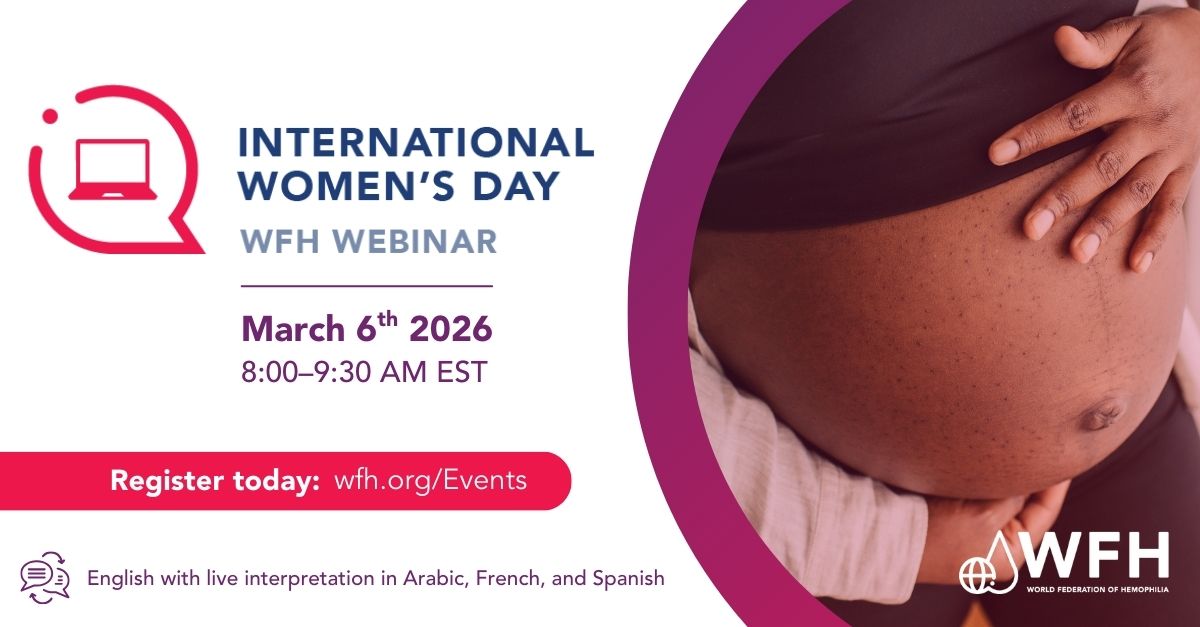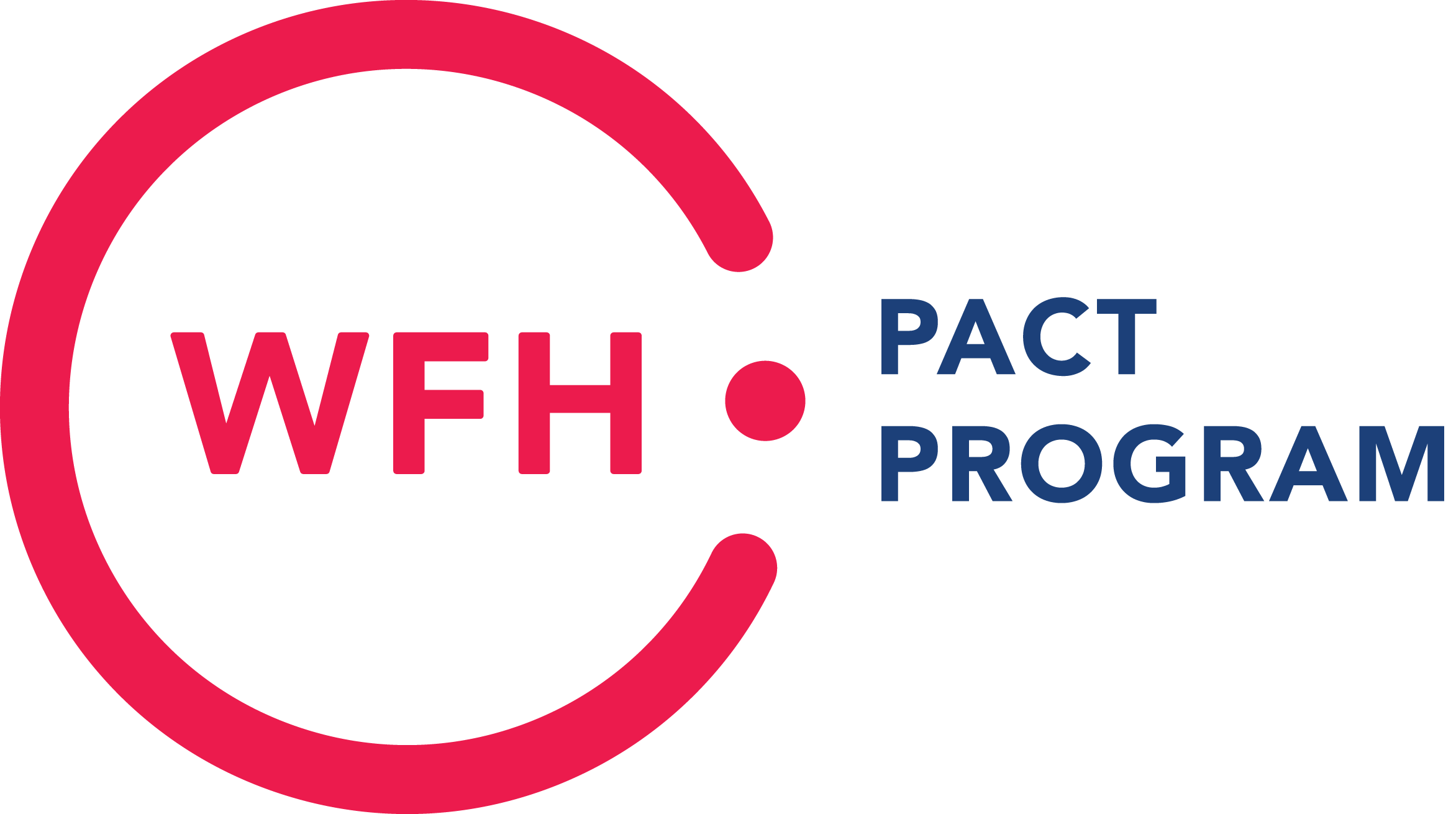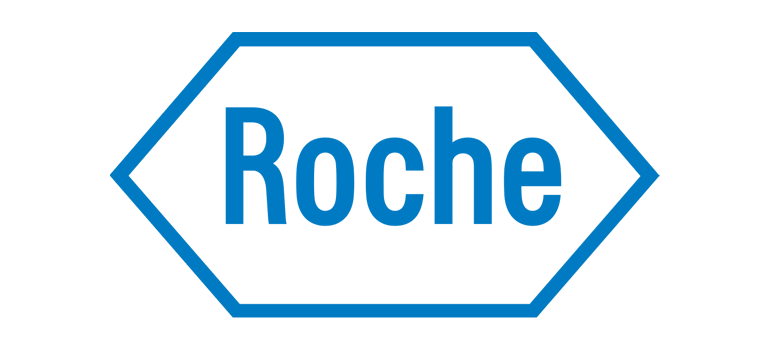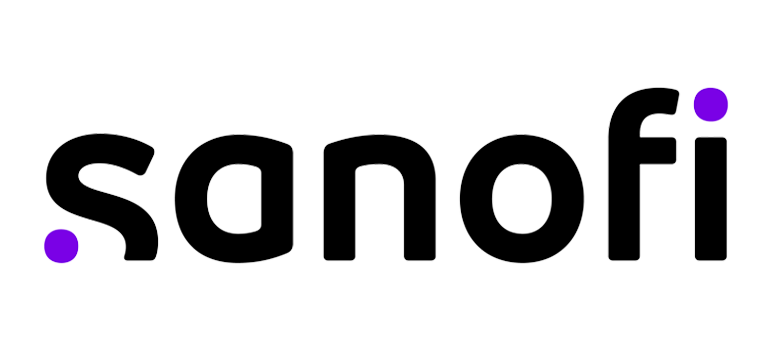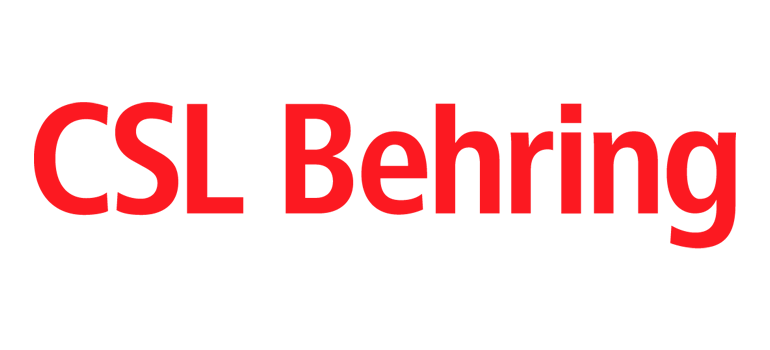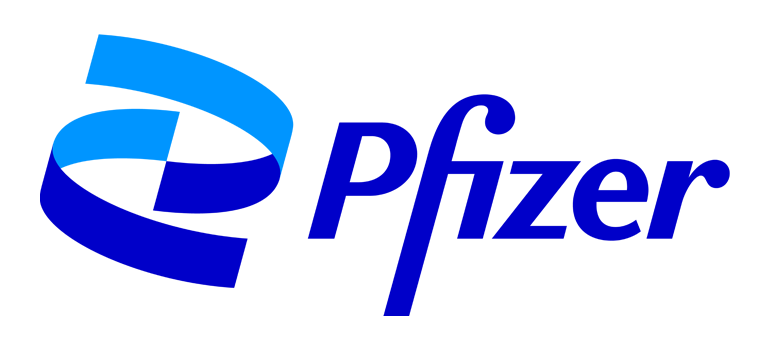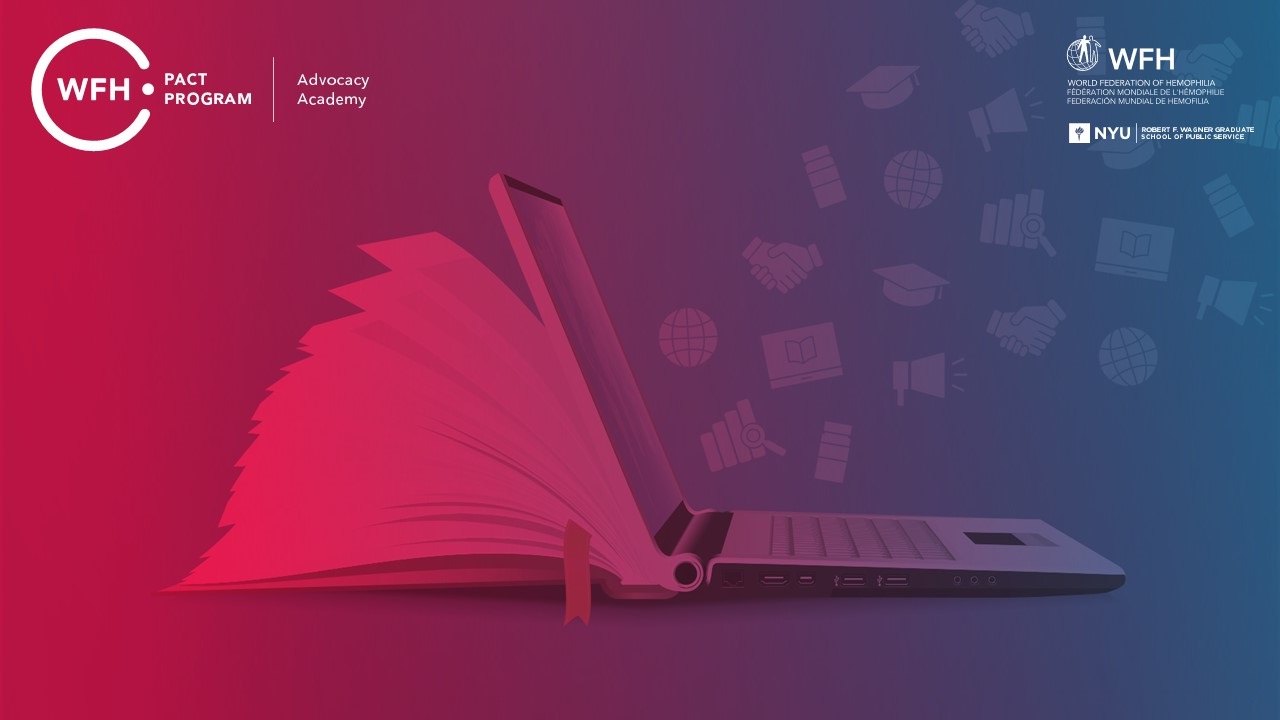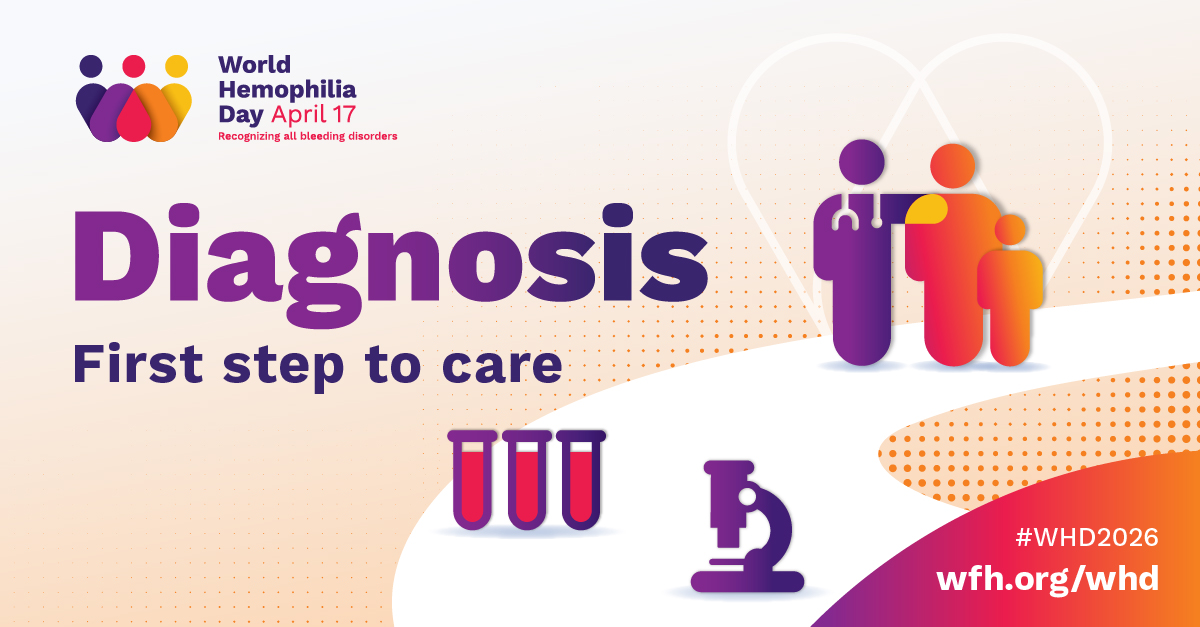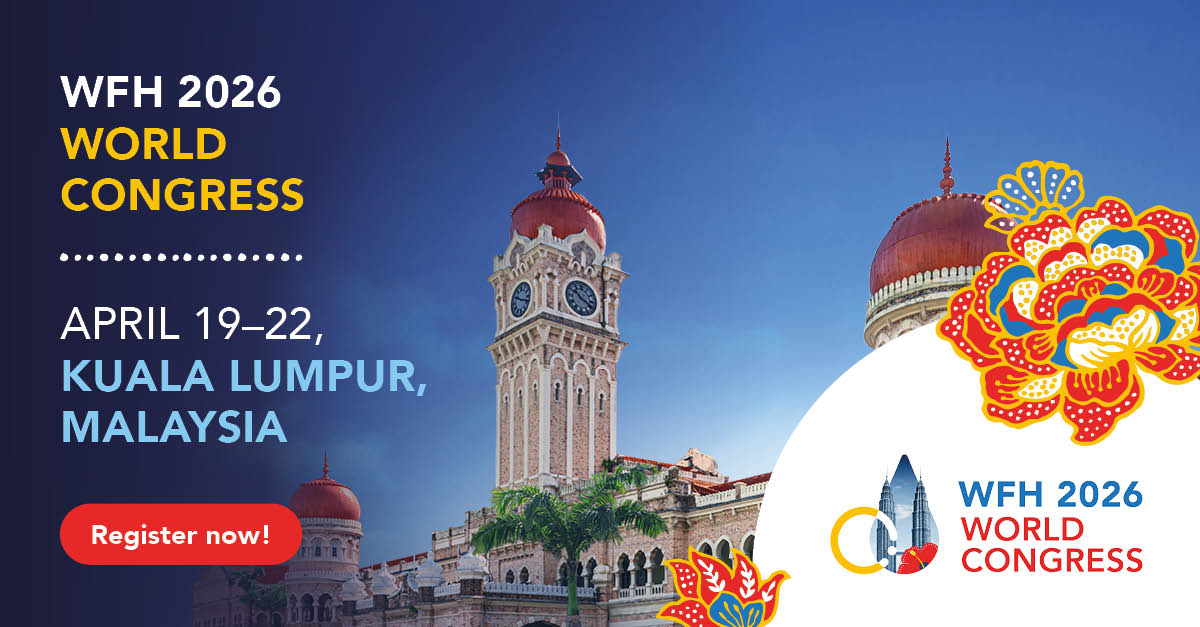Peer-reviewed publications on global data and patient registries relevant to hemophilia and other bleeding disorders are also available.
Stonebraker JS, Bolton-Maggs PHB, Brooker M, Evatt B, Iorio A, Makris M, O’Mahony B, Skinner MW, Coffin D, Pierce GF, Tootoonchian E, The World Federation of Hemophilia Annual Global Survey 1999‐2018. Haemophilia. 2020 Jul;26(4):591-600. doi: 10.1111/hae.14012. Epub 2020 Jun 4.
Iorio A, Stonebraker JS, Chambost H, Makris M, Coffin D, Herr C, Germini F; Data and Demographics Committee of the World Federation of Hemophilia, Establishing the Prevalence and Prevalence at Birth of Hemophilia in Males: A Meta-analytic Approach Using National Registries. Ann Intern Med. 2019 Oct 15;171(8):540-546. doi: 10.7326/M19-1208. Epub 2019 Sep 10.
Coffin D, Herr C, O’Hara J, Diop S, Hollingsworth R, Srivastava A, Lillicrap D, van den Berg HM, Iorio A, Pierce GF. World bleeding disorders registry: The pilot study. Haemophilia. 2018 Feb;e113-e116.
Iorio, A., Stonebraker, J. S., Brooker, M., Soucie, J. M. on behalf of the Data and Demographics Committee of the World Federation of Hemophilia (2017), Measuring the quality of haemophilia care across different settings: a set of performance indicators derived from demographics data. Haemophilia. 2017 Jan;23(1):e1-e7. doi: 10.1111/hae.13127. Epub 2016 Dec 8.
